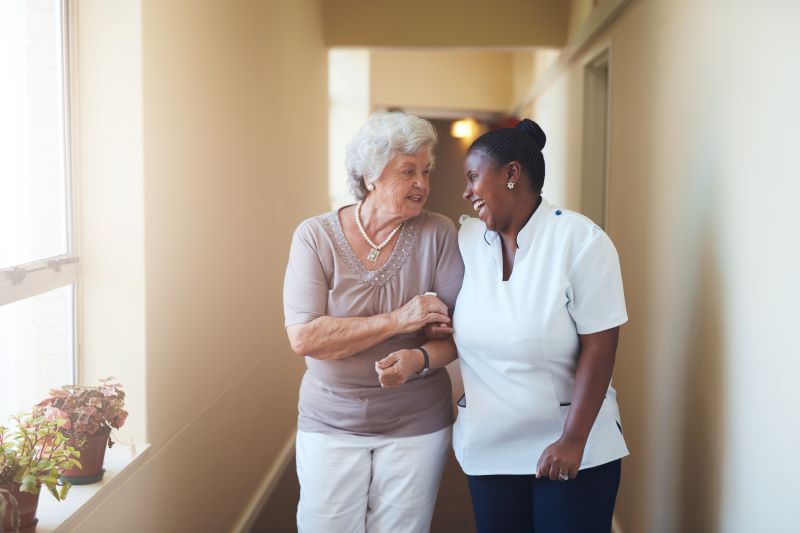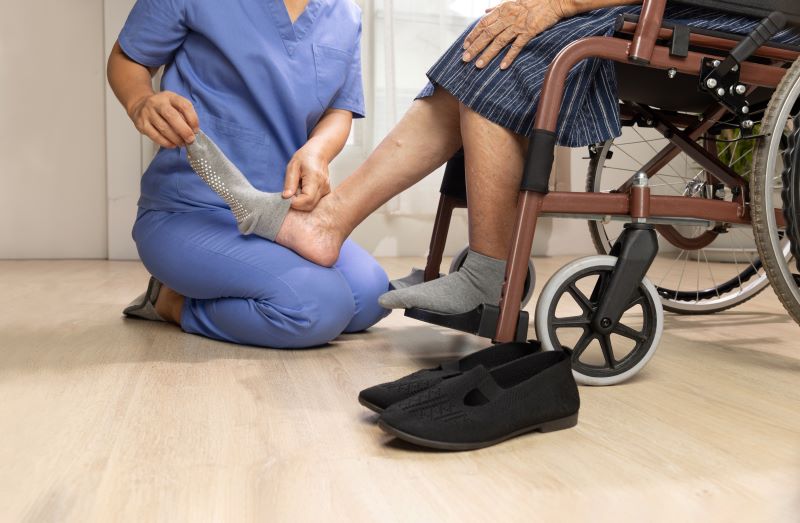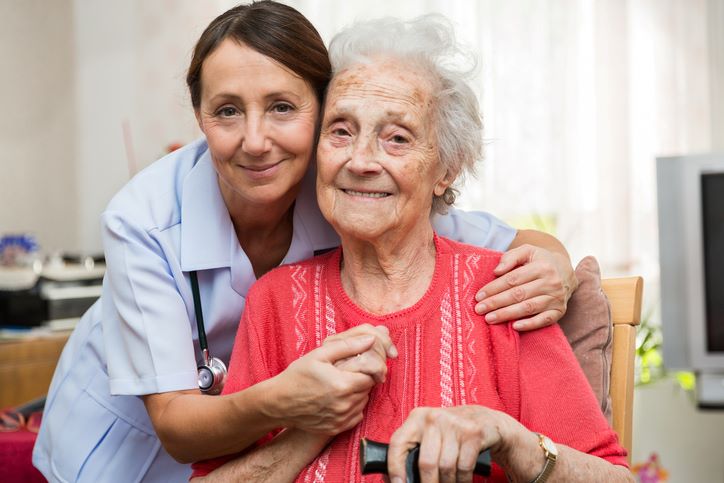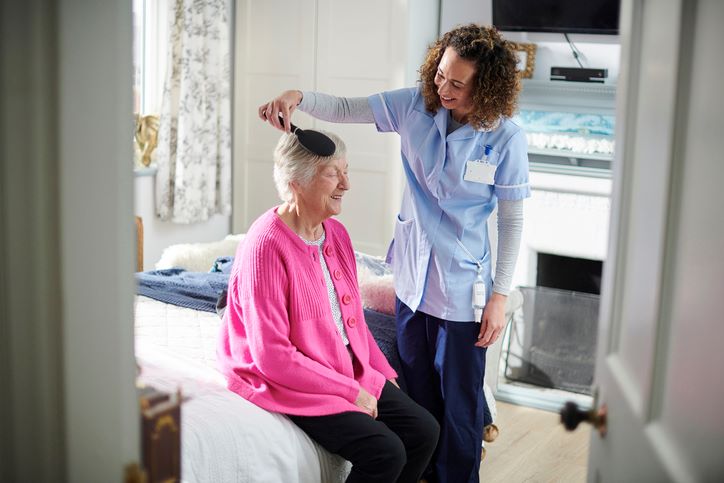What aging with dignity means to us...
"Fostering an environment where older adults feel valued, supported, and empowered to live life on their own terms, with the dignity and respect they deserve.""
Our caregivers are...
"Dedicated professionals who strive to enhance the lives of those they care for, promoting well-being and dignity through their compassionate and skilled approach."
The care we offer is unique because...
"Our approach to care is not just about treating medial conditions but about understanding and addressing your unique needs and preferences in a compassionate and respectful manner. This personalized approach sets us apart and ensures that you receive care that is truly tailored to you."
Important to remember when caring for someone...
"Caring for someone is about fostering a relationship based on trust, compassion, and understanding. By prioritizing empathy and respect, you can significantly enhance the quality of life and well-being of the person you are caring for."
What person-centered care means to us...
"An approach to healthcare that emphasizes the importance of treating individuals as unique persons with their own values, preferences, and goals. It involves understanding and respecting the perspectives of clients, involving them in decisions about their care, and tailoring services to meet their specific needs and desires. Person-centered care aims to improve outcomes by focusing on the individual's needs and preferences, rather than just their medical condition. It promotes a more respectful, compassionate, and effective approach to healthcare delivery."
What would you want to know for family member care ...
"Experience: How long have they been providing care? Have they worked with clients with specific medical conditions or challenges? Care Plan and Customization: Understand how care plans are developed and customized. Can the care plan be adjusted over time based on changing needs? Availability and Flexibility of schedule. Communication and Updates: How often is information relayed to the family? Safety Measures: Inquire about safety protocols and measures in place to ensure your family member's well-being. How do caregivers handle emergencies? Are there specific procedures for medication management, infection control, or mobility assistance?"
AC1 Homecare LLC

What aging with dignity means to us...
"Fostering an environment where older adults feel valued, supported, and empowered to live life on their own terms, with the dignity and respect they deserve.""
Our caregivers are...
"Dedicated professionals who strive to enhance the lives of those they care for, promoting well-being and dignity through their compassionate and skilled approach."
The care we offer is unique because...
"Our approach to care is not just about treating medial conditions but about understanding and addressing your unique needs and preferences in a compassionate and respectful manner. This personalized approach sets us apart and ensures that you receive care that is truly tailored to you."
Important to remember when caring for someone...
"Caring for someone is about fostering a relationship based on trust, compassion, and understanding. By prioritizing empathy and respect, you can significantly enhance the quality of life and well-being of the person you are caring for."
What person-centered care means to us...
"An approach to healthcare that emphasizes the importance of treating individuals as unique persons with their own values, preferences, and goals. It involves understanding and respecting the perspectives of clients, involving them in decisions about their care, and tailoring services to meet their specific needs and desires. Person-centered care aims to improve outcomes by focusing on the individual's needs and preferences, rather than just their medical condition. It promotes a more respectful, compassionate, and effective approach to healthcare delivery."
What would you want to know for family member care ...
"Experience: How long have they been providing care? Have they worked with clients with specific medical conditions or challenges? Care Plan and Customization: Understand how care plans are developed and customized. Can the care plan be adjusted over time based on changing needs? Availability and Flexibility of schedule. Communication and Updates: How often is information relayed to the family? Safety Measures: Inquire about safety protocols and measures in place to ensure your family member's well-being. How do caregivers handle emergencies? Are there specific procedures for medication management, infection control, or mobility assistance?"
Quality Network
This provider meets CareScout's care standards and is committed to being a person-centered practitioner. Learn more.
About
At AC1 Homecare, we offer a wide range of non-medical home care services that include personal care, assistance with daily living activities, meal preparation, housekeeping, and much more. We understand the unique needs of every individual, and we create personalized care plans tailored to their requirements. Servicing the greater Boston and south shore areas, we're here to support you every step of the way. At AC1 Homecare, we are more than just caregivers; we are your partners in enhancing the quality of life for seniors and individuals with disabilities.
Services
Specialties
& Additional Therapies







